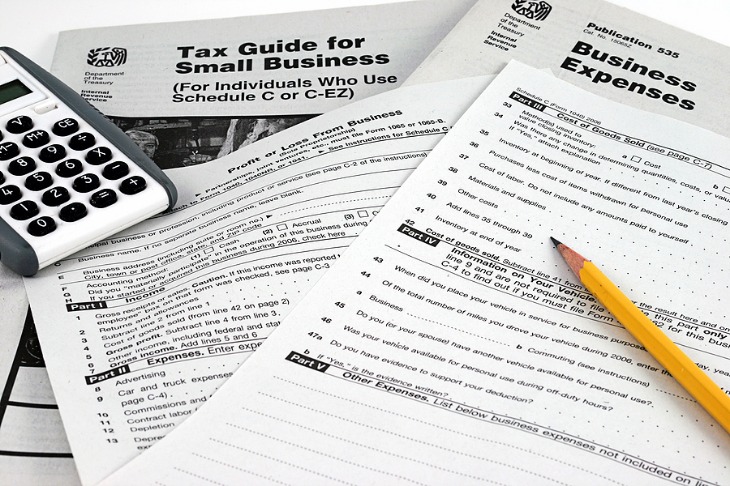In the bustling, high-demand real estate market of Singapore, one challenge stands out for potential buyers: the Additional Buyer’s Stamp Duty (*ABSD*). While the ABSD was introduced as a cooling measure to manage the overheated market, savvy property investors seek ways to avoid ABSD in Singapore. This article delves into strategies on how to buy a second property in Singapore without incurring ABSD, providing a roadmap for ambitious investors.
Understanding ABSD and Its Implications
The Additional Buyer’s Stamp Duty (ABSD) is a tax levied on top of the existing Buyer’s Stamp Duty (BSD), targeting those who purchase additional residential properties in Singapore. Introduced in 2011, it aims to moderate the influx of foreign investments and multiple-property ownership by Singaporeans and PRs. Different rates apply based on buyer profile: citizens, permanent residents, and foreigners all face varying ABSD tiers.
Strategies to Avoid ABSD When Buying a Second Property
1. Buying Under a Different Entity
One viable method to avoid ABSD in Singapore is purchasing the additional property under a different entity, such as a spouse or an adult child. This helps to utilize the non-resident status of the other entity, especially if they do not own any property yet. Note that proper legal and financial advice should be sought to ensure compliance with regulations and understanding of ownership implications.
2. Decoupling Ownership
Decoupling involves transferring ownership interest from one party to another within a marital context. For example, if a couple owns a property together, one spouse transfers their share entirely to the other, hence freeing up the transferring spouse to purchase a secondary property without incurring ABSD. This strategy can be slightly complex and entails additional costs, but it’s a popular method for avoiding ABSD in Singapore.
3. Buying Commercial Property
Purchasing commercial property is a strategic way to avoid ABSD. Since commercial properties are not subject to ABSD, investors can explore this path if the intent is purely investment, and residential use is not a primary concern. This route, however, may come with different risks and considerations, requiring thorough market research and analysis.
Read more about How to avoid ABSD here.
4. Trust Purchases for Minors
Buying a property through a trust set up for minors is another mechanism to avoid ABSD. While the property must be solely for the benefit of the minor, and compliance with trust laws and regulations is crucial, this can be an astute option if structured correctly.
Key Points to Remember
For those eager to delve into the complex yet rewarding realm of property investment in Singapore, avoiding ABSD is paramount. It requires strategic planning, a deep understanding of legal implications, and often, professional guidance. Whether it’s through entity diversification, decoupling, or exploring commercial avenues, the goal is to navigate the regulatory landscape effectively. By applying these mechanisms, investors can potentially boost their property portfolios while minimizing additional tax burdens.
Conclusion
The dynamic and competitive nature of Singapore’s real estate market necessitates a strategic approach for property investors. By understanding and leveraging the ways to buy a second property in Singapore without ABSD, investors can make informed decisions that optimize their financial outlay and maximize returns. Sound legal and financial advice is always recommended to ensure compliance and efficacy in executing these strategies.





